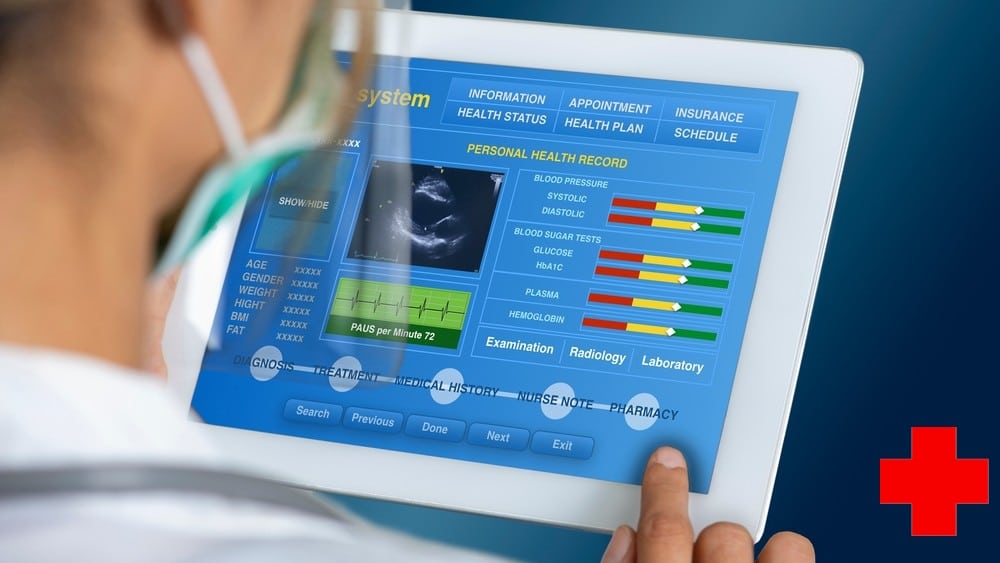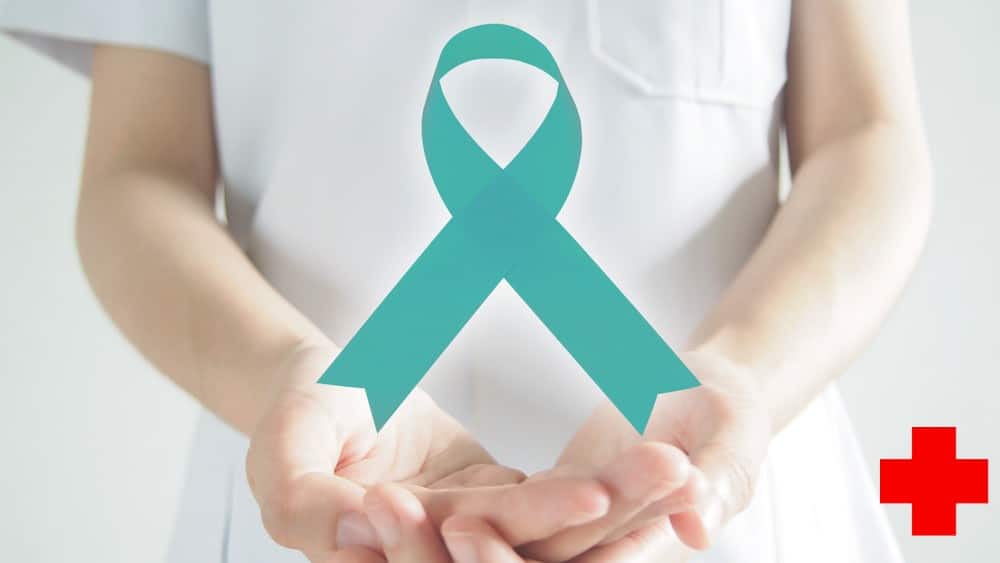Hello Readers, Welcome to another informative article on Holistic Nursing that will enable you to learn what it takes to become one!
In this article, you will know about the Holistic Nursing Certification, eligibility criteria, educational requirements, and more.
After reading this article, you will be empowered to make an informed decision on this career path.
Here is an overview of the things we will cover in this article today!
- Purpose and benefits of acquiring the Holistic Nurse Certification
- Eligibility requirements for Holistic Nursing Certification
- Different programs for Holistic Nursing Certification
Let us help you get closer to your Nursing Practice license and dream job!
Holistic Nursing Certification

According to the AHNA- American Holistic Nurse Association, Holistic Nurse practices in healthcare to heal the whole person, including its mental, social, and emotional wellness- and not just the body.
As a Registered and Practiced (RN) Holistic Nurse, you must commit to self-awareness and self-care alongside caring for the environment and being available for the patients.
Even though you can still practice as a Holistic Nurse without the certification, a board-certified Registered Nurse is preferred in hospitals, private practice, or other healthcare settings.
If you plan on skipping the board certification, go through the following benefits of a holistic nursing certificate program and then decide.
- It enhances the Nurse’s knowledge and skills to integrate better with the body-emotion-mind-spirit of the patients
- Create a baseline for competency standards to practice as a Holistic Nurse
- The certificate assures that the Holistic Nurse has accomplished all eligibility and education requirements and earned a credential
- Certified Nurses can leverage a network of colleagues
- Certification allows the Nurse to create a credible identity with employers, colleagues, consumers, and surveyors in Holistic Nursing
- Certification navigates personal and professional growth as per the practices in Holistic Nursing
- An official certification demonstrates your understanding of the core values
- It provides a competent document that can vouch for your credibility and clinical skills
If you have decided to become a Certified Holistic Nurse Practitioner, read on to know if you are eligible for it or not.
Eligibility Requirements for a Holistic Nurse Practitioner

The eligibility and education requirements might differ for each Holistic Nursing program, but the ground rules remain the same.
To pursue your Nursing career in Holism, you must:
- Have a current, unrestricted Registered Nurse- RN license to appear for the Holistic Nurse board certification (applicable for all US-based and international candidates)
- Have 1 year or 2,000 hours of practice as a full-time Holistic Nurse within the past 5 years
- Have 48 contact hours in the area of theory, practice, or research as a Holistic Nurse
- If you are an international candidate, you must get the evaluation of your Baccalaureate Nursing degree to ensure it is equivalent to the US Bachelor’s degree or BSN degree program
- Earn credentials
The Holistic Nursing education and certification programs must cover the following core values:
- Holistic Philosophy, Theories, and Ethics
- Holistic Communication, Therapeutic Environment, and Cultural Diversity
- Holistic Caring Process
- Holistic Education and Research
- Holistic Nurse Self-Care
Holistic Nurses work to provide patient care that is often different from the regular Nurses as they have to deal with all aspects of integrative health.
This is why it is important to have the relevant skills and adequate knowledge in a Holistic Nursing specialty.
Holistic Nursing Certification Programs

The healthcare professions in holistic care can occupy jobs from entry-level Registered Nurses to Advanced Practice Nurse Practitioners.
It can be hard to find a specific Holistic Nursing Bachelor’s degree, and certain nursing programs and certifications support holism or a holistic view in a nursing school.
Any Nurse with an undergraduate degree yet who wishes to work as a Holistic Nurse can pursue their education in this field.
Even though you can work as a Holistic Nurse after your BSN, you can pursue a Master’s degree or MSN to work as a Holistic NP.
Some nursing schools offer holistic programs that align with the standards of practice and conglomerate the two- the Holistic Nursing specialty and patient population focus.
At the same time, others may offer the education for standards of Holistic Nursing outside the area of a patient population focus.
If you do not wish to go for an Advanced Practice Holistic Nurse degree, you can still acquire the certification that weighs heavier on your resume and improves your skills as a Holistic Nurse Practitioner.
American Holistic Nurses Credentialing Corporation AHNCC offers four nursing programs in the field of holistic care, including:
Holistic Nurse Board Certified (HN-BC)
HN-BC is the most basic level of Holistic Nurse certification:
Requirements:
You can opt for this certificate program if you meet the required criteria, such as:
- A current and unrestricted U.S. RN- Registered Nurse license
- 1 year or 2000 hours of working as a full-time Holistic Nurse Practitioner within the last five years
- Must have a diploma, an ADN (Associate Degree in Nursing) or higher
- 48 certified hours as a “Nurse Educator” in the core values hours
- Graduate with an accredited Nursing degree or program in the US
Holistic Nurse Baccalaureate Board Certified (HNB-BC)
The HNB-BC Nursing certification is holistic in nature. It is usually targeted at interested candidates who already possess a baccalaureate degree, as well as international candidates.
All of the requirements are the same as HB-NC certification except:
- The candidate must be a graduate of any nationally accredited (or an equivalent) program in Baccalaureate Nursing
Advanced Holistic Nurse Board Certified (AHN-BC)
This certification is for Nurses who have done their graduation in nursing.
The eligibility criteria are the same as others, except:
- The candidate must be a graduate of any nationally accredited (and recognized) program in graduate nursing
Advanced Practice Holistic Nurse Board Certified (APHN-BC)
This particular certification is for APRNs or Advanced Practice Registered Nurses.
Although the eligibility requirements are the same as discussed above, you are eligible for this certificate program ONLY if you have:
- Post-Master’s degree
- A Nursing Practice degree that is practice-focused
- MSN degree
It is the individual’s responsibility to prepare for and pass the exam.
Moreover, you can earn the credentials designated by AHNCC only if:
- The Holistic Nurse has completed the certification or recertification with consistency and competency
- The license at no point gets restricted, withdrawn, or inactive
- License is not in the “requesting inactive status” mode
- ANHCC does not withdraw the certification
If you find yourself eligible on all fronts, there is no stopping you from building a rewarding healthcare career in Holistic Nursing.
Programs for Holistic Nurse Coaching

If you are interested in nursing interventions or nurse coaching, you can opt for the following two programs offered by AHNCC.
- Health and Wellness Nurse Coach, Board Certified (HWNC-BC) (only available to current Board Certified Holistic Nurses)
- Nurse Coach – Board Certified (NC-BC)
Requirements:
To know if you are eligible for any of these two Nurse Coaching programs, here are the criterion to assess:
- Current, unrestricted US RN license
- Bachelor’s degree from an accredited nursing school
- 4000 hours of part-time or two years of full-time experience as a Nurse Practitioner in all holistic care modalities within the past 5 years
- 60 hours of continuing education within the past 3 years (it is recommended to give 10 hours for personal coaching)
- 60 hours of work experience with a Certified Nurse Coach Supervisor (mentorship)
- Nurse Coach Self-Reflective Assessment
- Candidate’s agreement with AHNCC – A signed attestation agreeing to all AHNCC terms
Conclusion

Holistic Nurses are in high demand.
The career is emotionally and financially rewarding, and Therefore, adding a certification to your RN license can help you become a more successful and better healthcare professional.
However, you can work as a Holistic Nurse even without acquiring the certification, but extra skills never harm anyone.
FAQs

What is the role of a Holistic Health Nurse?
According to the American Holistic Nurses Association, a Holistic Nurse’s role is to foster relationships with the patients to promote their mental, emotional, social, and physical well-being.
Are Holistic Nurses in demand?
As the interest grows in alternative and complementary healthcare settings, Holistic Nurses can be optimistic about a progressive career and salary outlook. As medicine advances, Nursing Job demands are expected to grow, especially for those with a Bachelor’s degree or an RN license.
How to become a Certified Holistic Nurse?
As per the ANHCC, to become a Certified Holistic Nurse, the individual needs to complete a nursing program approved by the state. Then, they need to complete the training hours and pass the nursing licensing examination relevant to the certificate program.
What is Nurse Coach certification?
If you are interested in nursing interventions or Nurse Coaching, you can opt for the following two programs offered by AHNCC:
– Health and Wellness Nurse Coach, Board Certified (HWNC-BC) (only available to current Board Certified Holistic Nurses)
– Nurse Coach, Board Certified (NC-BC)
References
https://www.graduatenursingedu.org/holistics/
https://ptcny.com/wp-content/uploads/2018/12/20181012_AHNCC_2019_Handbook.pdf









